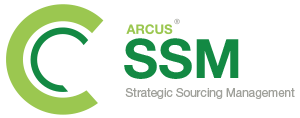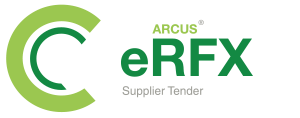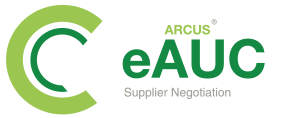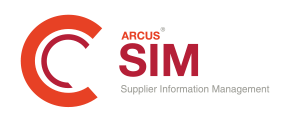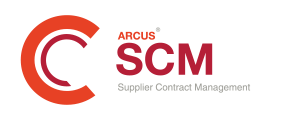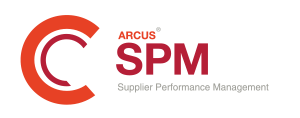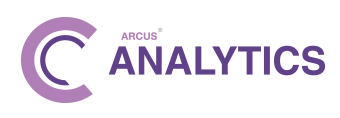Sustainable Sourcing Software for Procurement and Sustainability
With the climate crisis in full effect, more businesses face increased pressure to implement sustainable sourcing processes, so they can ensure they are working with suppliers that align with their own ESG targets.
By using ARCUS® Supplier Management Software, users can comprehensively manage supplier sustainability information, maintain oversight over supplier progress, and easily identify any lack of compliance, streamlining processes that would otherwise be cumbersome and difficult to manage.
With ARCUS®, procurement and sustainability professionals can collaborate effectively to ensure sustainability policies are adhered to, instead of working in silos. The software provides opportunities to embed environmental, social and governance drivers across source-to-contract, significantly improving commitment to reducing environmental impact in procurement
With ARCUS® for Sustainable Sourcing:
- Improved ability to implement sustainable sourcing policies
- Tailor questionnaires to collect the exact supplier information you need
- Gain full oversight of sustainable sourcing with data visualisation
- Increased collaboration opportunities for procurement and sustainability professionals
The Modules
Set sustainability-related targets and benchmarks for each new sourcing project, so environmental concerns are considered from the initial project creation.

